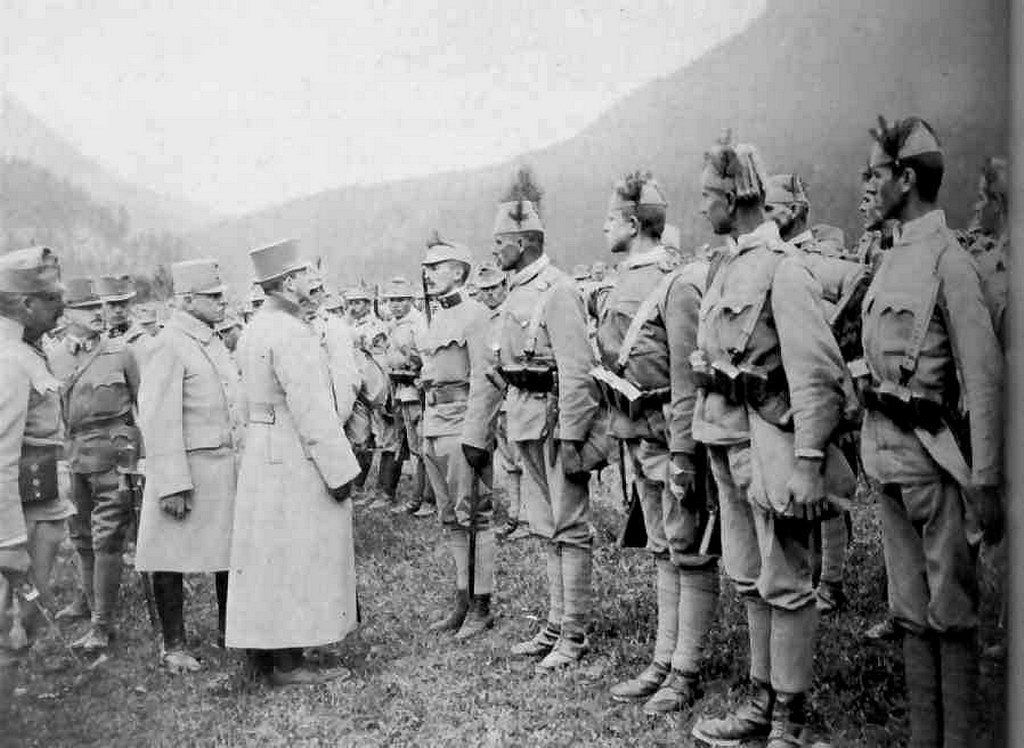Please don't scream this.
I'm sorry, Cheri, but this simply isn't true.
This is not what NSA thinks.
RIS did cyber-recon on some US voting systems in 2016. They didn't mess with voting. Nor is there any indication they plan to in 2020.
#Facts, please.
I'm sorry, Cheri, but this simply isn't true.
This is not what NSA thinks.
RIS did cyber-recon on some US voting systems in 2016. They didn't mess with voting. Nor is there any indication they plan to in 2020.
#Facts, please.
https://twitter.com/CheriJacobus/status/1295368762447794178
Please pay attention to what NSA & CYBERCOM are saying about election security. It's not 2016 anymore. They're devoting enormous effort to maintaining the integrity of our elections ===>
cyberscoop.com/election-inter…
cyberscoop.com/election-inter…
DIRNSA has been way out front, listen:
“Our 1 one goal, our number 1 objective at NSA & CYBERCOM, is a safe secure and legitimate 2020 election. How are we going to do that?...We’re going to know our adversaries better than they know themselves.”
breakingdefense.com/2020/07/2020-e…
“Our 1 one goal, our number 1 objective at NSA & CYBERCOM, is a safe secure and legitimate 2020 election. How are we going to do that?...We’re going to know our adversaries better than they know themselves.”
breakingdefense.com/2020/07/2020-e…
It is NOT helpful to tell everyone in advance that the election is compromised by the Russians.
In fact, that's EXACTLY what the Kremlin wants -- making Americans lose faith in our democracy itself.
Also, IT IS NOT TRUE.
Don't do this please.
In fact, that's EXACTLY what the Kremlin wants -- making Americans lose faith in our democracy itself.
Also, IT IS NOT TRUE.
Don't do this please.
• • •
Missing some Tweet in this thread? You can try to
force a refresh







